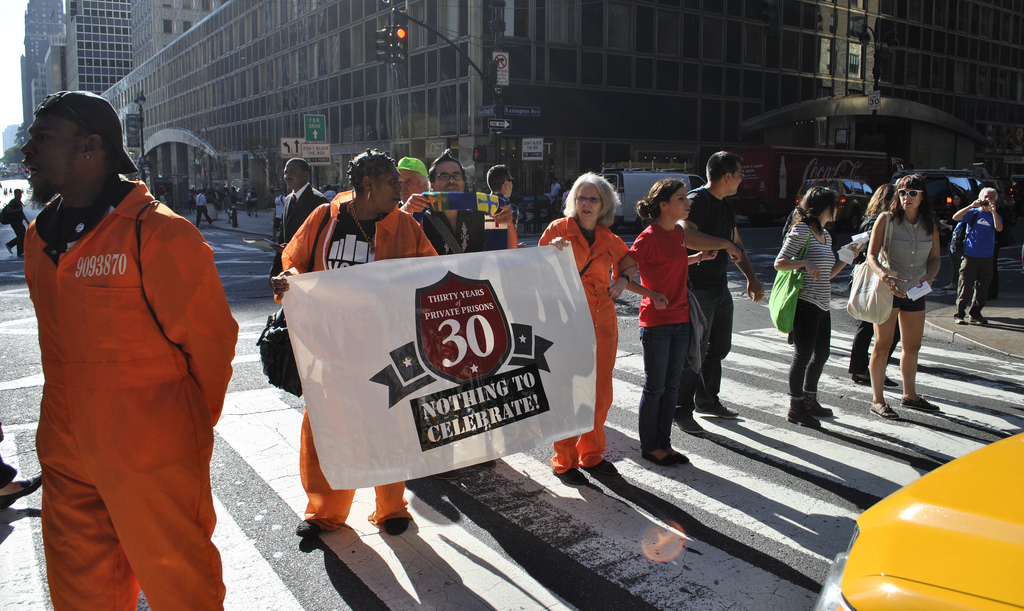Views expressed in opinion columns are the author’s own.
On Dec. 15, Prince George’s County Department of Corrections Officer Lucky Oligie hit an inmate during a processing, according to the county State’s Attorney’s office. Prosecutors said Oligie knocked the man to the ground, and then continued to assault him. A surveillance video captured the whole shameful incident. Oligie has since been indicted on charges of assault and misconduct in office, according to the state’s attorney’s office.
Shockingly, this incident is in many ways a best-case scenario in terms of policing misconduct toward prisoners. Unlike in many similar incidents, Oligie’s actions were caught on video and investigated. The video likely gave the inmate credibility and contributed to Oligie’s indictment. Many prison staff who have assaulted inmates will never face legal scrutiny. But while Oligie might be punished if found guilty, the original injustice can never be corrected. Prisoners are highly vulnerable to abuse, so legal consequences alone cannot correct conditions.
[Read more: Students continue pushing UMD to divest from Maryland Correctional Enterprises]
Violations of prisoners’ rights must be stopped before they happen. But any real reforms will require the public to express much greater concern for the welfare of prisoners.
American prisons are notorious for their inhumane conditions. Some 80,000 to 100,000 prisoners are currently being held in solitary confinement. The practice isolates prisoners from nearly all human contact and sometimes forces them to live for years in ill-furnished and claustrophobic rooms. Despite clearly being psychologically torturous, solitary confinement is both legal and widespread. Pennsylvania even imposes mandatory solitary on all death row prisoners. The majority of them have lived alone, in subhuman conditions, for over a decade.
In addition to facing solitary confinement, prisoners are also often subjected to physical or sexual assault. Lucky Oligie’s case is not unique. It’s a common enough occurrence that the charges against Oligie are far from surprising.
Prisoners are often powerless to fight back against these injustices on their own, placing them among the most vulnerable groups in America. Non-prisoners, however, could protect them.
Conditions will only change if the rights of prisoners become a national conversation. But progressives, supposedly the champions of the powerless and abused, are often all too silent.
We march for women’s rights, we march for LGBT rights and we march for black rights. Current liberal causes are noble, valuable and necessary. Marches and protests remind the nation that the fight against injustice isn’t over. But young liberals don’t turn out in the tens of thousands for prisoners’ rights. This is an egregious oversight. No progressive movement can be complete as long as it ignores a class of people who are routinely assaulted and isolated for years on end.
It’s not enough to condemn Lucky Oligie. No amount of punishment or public humiliation will fix the abusive system he’s a part of. Prisons are meant, in part, to reform inmates. Assaulting and isolating prisoners will not help them rejoin society; rather, they inflict suffering solely for the sake of suffering. The rights of the most vulnerable Americans are being systematically violated every day. Progressives must not stand for it any longer.
Nate Rogers is a freshman physics major. He can be reached at nrogers2@terpmail.umd.edu.



